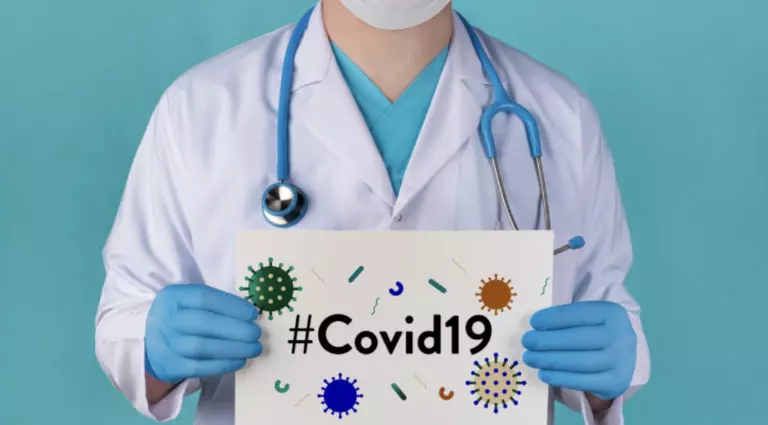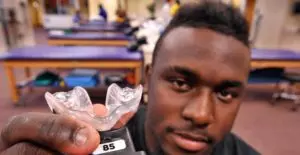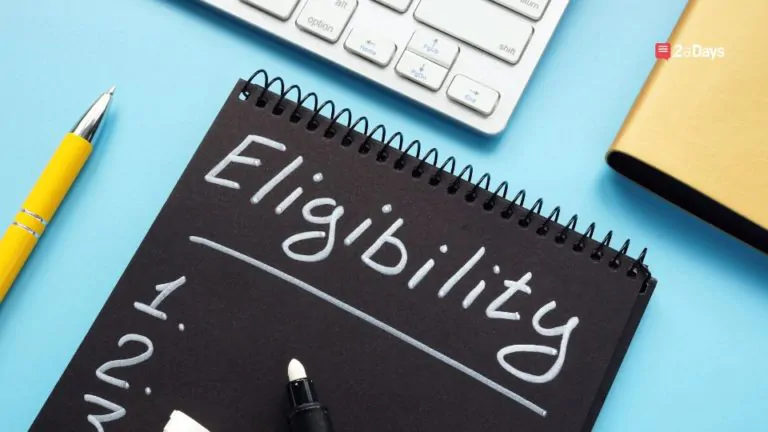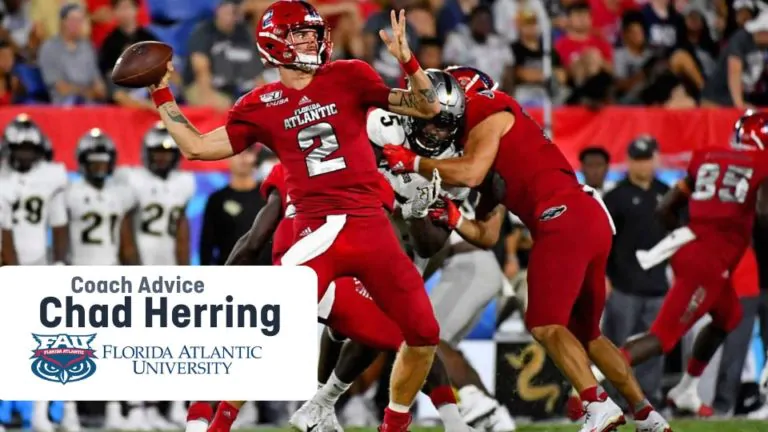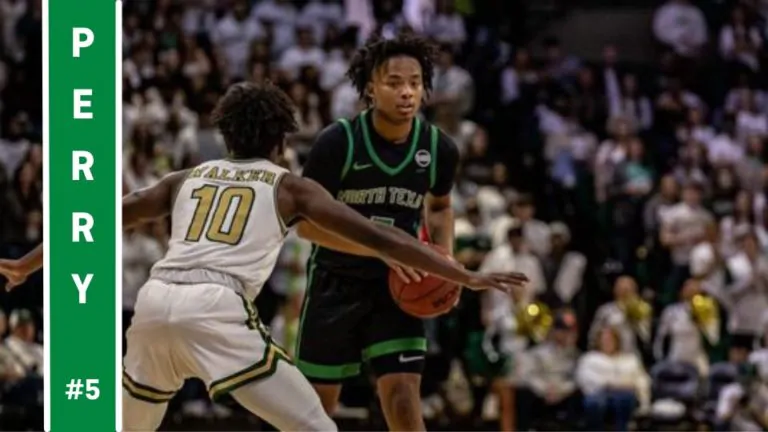Not surprisingly, COVID-19 and the conditions have harmed the athlete population. Student-athletes are facing a culture shock, unlike any other sub-group. Not only are their social and academic lives on hold, but they've also been taken away from their sport for an extended amount of time. Though COVID-19 may be bringing light to the mental health crisis among student-athletes, these issues are not new. Mental Health is increasingly becoming a factor in academic and athletic success, and school resources are important factors when considering where to commit.
Earlier this spring, The NCAA Sport and Science Institute set out to confirm the suspicions of increased mental health concerns among its student-athletes. They created a live survey from April 10 until May 1 and received responses from about 37,000 student-athletes. Their findings are shocking and suggest another epidemic in addition to the coronavirus that the student-athlete population is facing.
The main findings from the survey were as follows. In most instances, the rates of reported mental health concerns experienced within the last month were 150% to 250% higher than have been historically reported by NCAA student-athletes. A majority of the student-athletes surveyed reported experiencing high mental distress rates since the onset of the pandemic. Over a third of respondents reported experiencing sleep difficulties, more than a quarter reported feeling sadness and a sense of loss, and 1 in every 12 reported feeling so depressed that it has been difficult to function constantly or almost every day. Mental health concerns were most serious among respondents of color, those whose families were facing economic hardship, and those who live alone. Additionally, college seniors reported feeling a constant or near-daily sense of loss at 1.5 times the underclassmen.
Sometimes statistics aren't the only information you need to visualize the magnitude of a situation. Each of the 37,000 athletes surveyed, and the many more NCAA athletes who weren't surveyed, are real people, with real thoughts and feelings. They cannot be represented solely as a statistic. It's important to hear straight from the source and learn about their varied experiences. Several student-athletes shared their experiences dealing with mental health since the onset of COVID-19.
- Female Student-athlete from UNC-Chapel Hill: “There's a nagging feeling that I forget something, that I'm missing something extremely important and can't put my finger on it. I did my best to stay active and stay in touch with the team and my friends, but in the height of quarantine, there were times that I felt aimless and drifting. It's made me come to terms that leaving swimming behind after college will be even more difficult than I previously thought.”
- Male Student-athlete from the University of Indiana at Bloomington: “I feel bland, and since quarantine started, I've been tuning out and cutting off things that cause stress, sadness, or anger. But at the same time, I haven't felt happiness or joy either. So I feel very blank going on with my days.”
- Female student-athlete from Georgia Tech: “My mental health has declined significantly since I've been home due to the coronavirus; not being able to do the sport I love also plays a factor in that.”
- Another female student-athlete from UNC: “It's just been so hard being without (her sport) because that is so much of my identity. And without constantly working/over-working out and dieting, I get such bad body image issues.”
So what has the NCAA been doing about it? What resources are out there for student-athletes struggling, and what is their governing body doing to help? The NCAA Sports and Science Institute has a website page called Mental Health and COVID, and it outlines both resources and daily strategies to be healthy during the pandemic. The resource section is outsourced to the CDC and provides links to manage anxiety and stress, self-care, and resource guides from The National Alliance on Mental Illness. Additionally, the webpage provides FAQ-style answers and questions about COVID-19, social distancing, quarantine, and isolation created by The Substance Abuse and Mental Health Services Administration. The website also provides daily self-care strategies, including space, routine, activity, time and energy management, accessibility, FaceTime and connectivity, resources, and support.
Though the effects of COVID-19 will eventually pass, research indicates that a Mental Health Pandemic is well on its way. As mentioned above, the NCAA provides a broad range of internet resources for its student-athletes available to the public. But are individual college athletic departments taking the issue seriously? And how are they providing additional resources to support their students more personally? Well, it varies by school and often comes down to the funding within the athletic department at your school. You or your teammates will likely experience some level of mental health issues during your time in college. Keeping that in mind, it is important to be aware of the mental health support and resources colleges provide for their student-athletes. Mental health resources should be a factor in recruiting. It is clear from the NCAA data that many student-athletes are struggling. It is important to make sure that your future school will physically and mentally support you, even if you do not currently deal with those issues.
A great way to begin research is by investigating a college athletic department's website. The University of Richmond is a great example of a college with an extensive sports medicine support system for its student-athletes. Under the Sports Medicine tab on their athletics website, they have a special section designated to mental health resources. There, they detail their full-time sports psychologist, as well as podcasts, interviews, websites, and video resources to help their student-athletes cope and get help. With an easy and interactive webpage like this, it is clear that Richmond considers mental health a priority. However, sometimes schools provide these options though they are not readily available on a website like at the University of Richmond. Other times, the lack of information available does accurately reflect the school's priorities. That is why it is important to do your research and not be afraid to get more information.
On that note, another smaller school in the Richmond area can provide a counterexample. Randolph Macon is a small, Division III school located in Ashland, Virginia. At this school, the mental health resources are slim to none. Their athletics website's sports medicine section does not mention any mental health professionals on staff or any resources available. The mental health offerings at the school for student-athletes reflect what is on the website – none. “I wish they would've had a sports psychologist; I think they would've helped athletes a lot. I know I personally would have benefited a lot from having that opportunity, too,” Zoe Campbell, a four-year varsity swimmer at RMC, said.
Not all schools are funded equally, especially when comparing a Division I school to a Division III school or a school in a power-five conference to a smaller, less prominent conference. Athletic departments are not in control of how much money they can generate, but they control how they spend that money. Please verify that the schools you consider are spending their money in a way that aligns with your values and needs. East Carolina University, a Division I school in the American Athletic Conference, recently cut their men and women's swimming and diving teams and their men and women's tennis teams due to budget cuts. The school also decided to cut mental health support for their student-athletes by not hiring a new mental health professional as a result of budget cuts.
COVID is not the beginning nor the end of the Mental Health epidemic plaguing collegiate student-athletes. Part of being a recruit for college sports is researching for yourself. Ask questions because if you wait until you're on campus to get the answers, it might be too late.
* Originally published on January 21, 2021, by Allison Goldblatt

